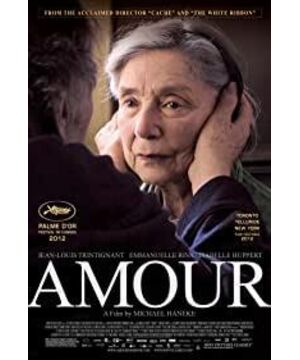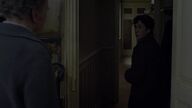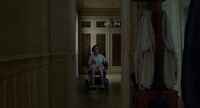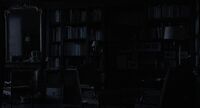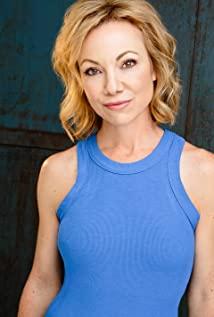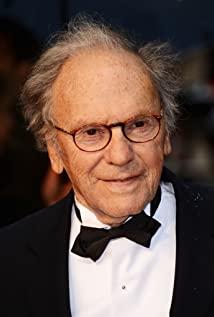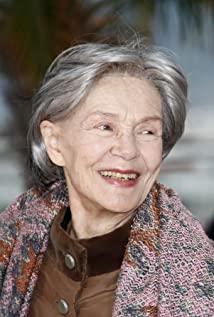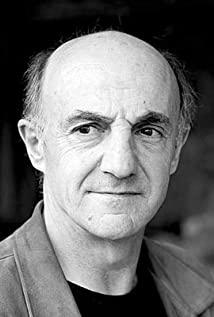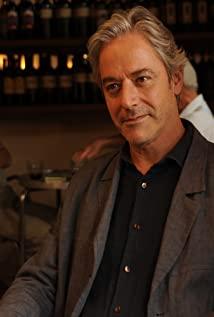From the very beginning of the film, it gives the audience a huge suspense. Neighbors reported to the police that the owner of a large house had not been seen for more than a month. The police broke down the door and entered, and the house was covered in dust. The police found a dry female body lying on the bed, with dried chrysanthemums scattered around.
Then the camera suddenly jumped to an auditorium of an opera house, and a piano piece was played immediately. (Haneke's camera never left the audience, but after the show started, he used a voice-over to introduce the hero and heroine).
Back at home, the story tells the daily life of the protagonist. In the middle of the dialogue, Haneke always fixed the camera, and there was no normal front and back. Suddenly, the heroine (grandma Riva, who is still beautiful and still in the news, has a strong aura, with fortitude in her eyes, in comparison, her husband is weaker) fell ill. Diagnosed with thrombosis, the burden of taking care of the heroine falls entirely on the hero. Although the male protagonist takes care of him wholeheartedly, the female protagonist's mentality has gradually changed. She refuses the help of her wife and feels that she is a burden. Coupled with the incident at the funeral of her good friend, she has the idea of not wanting to live, and has a self-verification bias. .
In the slow progress of the story, I almost started to feel sleepy. Suddenly Haneke slapped me - the male protagonist slapped me casually because the female protagonist didn't cooperate with the meal. MD, so surprised. Dare to do this. After that, the narrative returns to its former sluggishness. As the heroine's condition worsened, she was bedridden. The wife continued to take care of her, but she was unable to do her best, and the heroine became more and more resistant. Once, when the male protagonist was coaxing the female protagonist in pain, he told her an interesting story about his childhood, and the female protagonist slowly became intoxicated. All of a sudden, something happened that made my jaw drop.
Does the hero love the heroine? Love it for sure. Otherwise, how can we support each other until now. The male protagonist sends the female protagonist for medical treatment, but the female protagonist is unwilling to live or die. The female protagonist suffered from illness and felt burdened, and at the same time tormented the male protagonist, trying her best to give the male protagonist psychological hints. The male protagonist wants to take care of the female protagonist, but the female protagonist does not cooperate. Finally, the self-verification bias works on the male protagonist (that terrifying dream also has some negative effects). For the male protagonist, if they love to be together, even if they go to heaven, they must be together.
The scenes in the film all take place in the house where the protagonist lives, and it is also a chatter film. But the content of the conversation is the state and taste peculiar to people of that age. Darius Khondji's shot is steady, slow, and sophisticated, synchronizing with an aging rhythm, even in front and back, with a little jitter from time to time. Under the guidance of Haneke, Grandma Riva made the essence of the pain and suffering that everyone thinks I'm a burden and I don't want to live any longer, to the point of being like a fairy.
In addition, I want to like the editing. The nightmare of the male protagonist and the ending of the film are almost indistinguishable from reality.
In Love, Haneke is a poisonous hand who tells stories in the language of the camera. The love and marriage of the elderly speak a completely different flavor. Okay, let's scold you. But if the hero and heroine in the play happens to you and your wife, just imitate it. Haneke was the one who came over. What I tell you is the life motto of Jin Guangliang Mountain.
View more about Amour reviews


